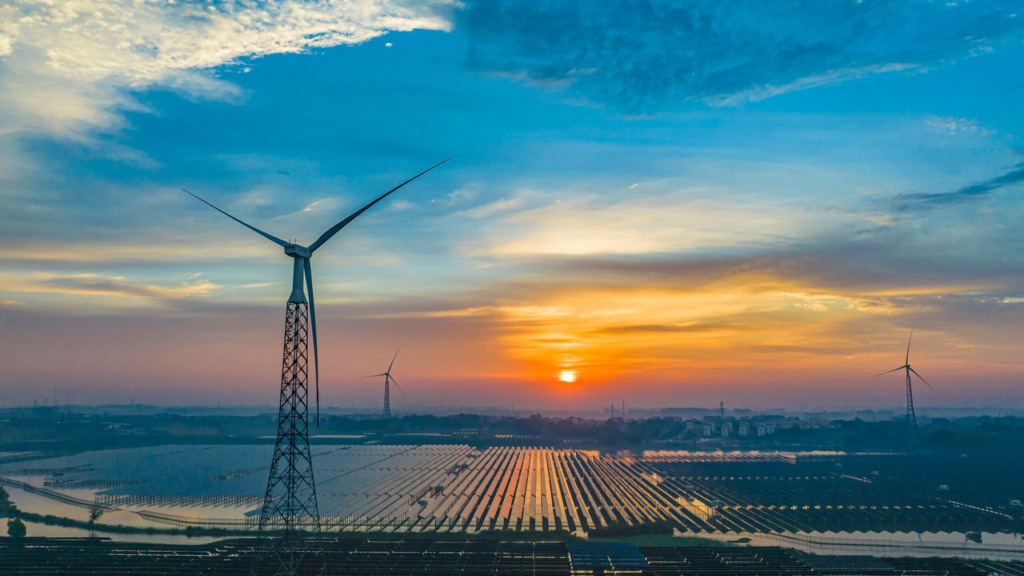QUES . Many countries prefer coal rather than solar or wind energy as a source of fuel. Why ? UPSC IES/ISS EXAM 2021 General Studies . 200 Words . 5 Marks
HINTS:

Coal is one of the most controversial energy sources in the world. The advantages of coal mining are economically and socially significant. However, mining devastates the environment: air, land, and water.
Coal is the largest source of energy for generating electricity in the world. There are several reasons why some countries still prefer coal as a source of fuel over solar or wind energy:
Massive amounts of electricity is needed to run a country: There has been tremendous strides in environmental responsibility with mining coal and burning coal. However, there still is pressure of global warming. If we burn less fossil fuels, what, as a practical matter, is our energy alternative? Wind or Solar ?(there is no practical way to provide the massive amounts of electricity needed to run a country through solar or wind energy-it is viewed as impractical at this time).
Industrial use of coal: The industrial use of coal, concentrated in emerging markets, is hard to replace with other energy sources.
Long-lived assets: Coal power plants are long-lived assets with a minimum design lifespan of 30 to 40 years. Once built, coal plants are here to stay unless there are dramatic changes in the costs of renewables or policy makers intervene.
Losses for the domestic mining industry: moving away from coal typically means losses for the domestic mining industry and its workers. In major coal-consumer countries such as China and India, strong domestic mining interests may complicate and delay the phase-out of coal.
Job Creation: Coal provides many jobs. Unlike other forms of energy coal provides many jobs in removing coal from the earth, transporting it to the utility, burning it, and properly disposing of coal ash. In some countries, politicians may prioritize job creation and economic development over environmental concerns.
Cost: Coal is often cheaper than solar or wind energy, particularly in countries with large coal reserves. This makes it an attractive option for countries looking to keep energy costs low.
Reliability: Unlike many renewable resources (such as solar or wind), coal production is not dependent on the weather. It is a baseload fuel, meaning it can be produced 24 hours a day, 7 days a week, 365 days a year.
Infrastructure: Many countries already have well-established infrastructure for coal production and consumption, including power plants and transportation systems. Transitioning to solar or wind energy would require significant investment and changes to existing infrastructure.

Despite the difficulty, though, it must be done. We simply cannot go on burning coal with no thought to the consequences. Coal is undeniably excellent fuel, but the negative externalities of its use – harm to human health, the environment, and society—far outweigh any benefit of continuing its use. On the other hand solar and wind energy, though initially more expensive to implement, offer a clean and sustainable source of energy that can ultimately lead to significant cost savings and environmental benefits over time.
